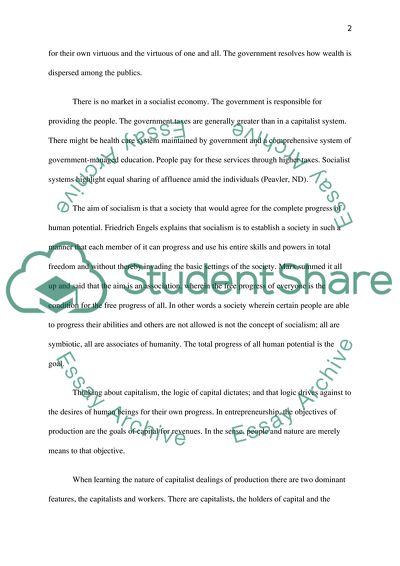Cite this document
(Capital versus Socialism Essay Example | Topics and Well Written Essays - 1750 words, n.d.)
Capital versus Socialism Essay Example | Topics and Well Written Essays - 1750 words. https://studentshare.org/macro-microeconomics/1787896-capital-versus-socialism
Capital versus Socialism Essay Example | Topics and Well Written Essays - 1750 words. https://studentshare.org/macro-microeconomics/1787896-capital-versus-socialism
(Capital Versus Socialism Essay Example | Topics and Well Written Essays - 1750 Words)
Capital Versus Socialism Essay Example | Topics and Well Written Essays - 1750 Words. https://studentshare.org/macro-microeconomics/1787896-capital-versus-socialism.
Capital Versus Socialism Essay Example | Topics and Well Written Essays - 1750 Words. https://studentshare.org/macro-microeconomics/1787896-capital-versus-socialism.
“Capital Versus Socialism Essay Example | Topics and Well Written Essays - 1750 Words”. https://studentshare.org/macro-microeconomics/1787896-capital-versus-socialism.


